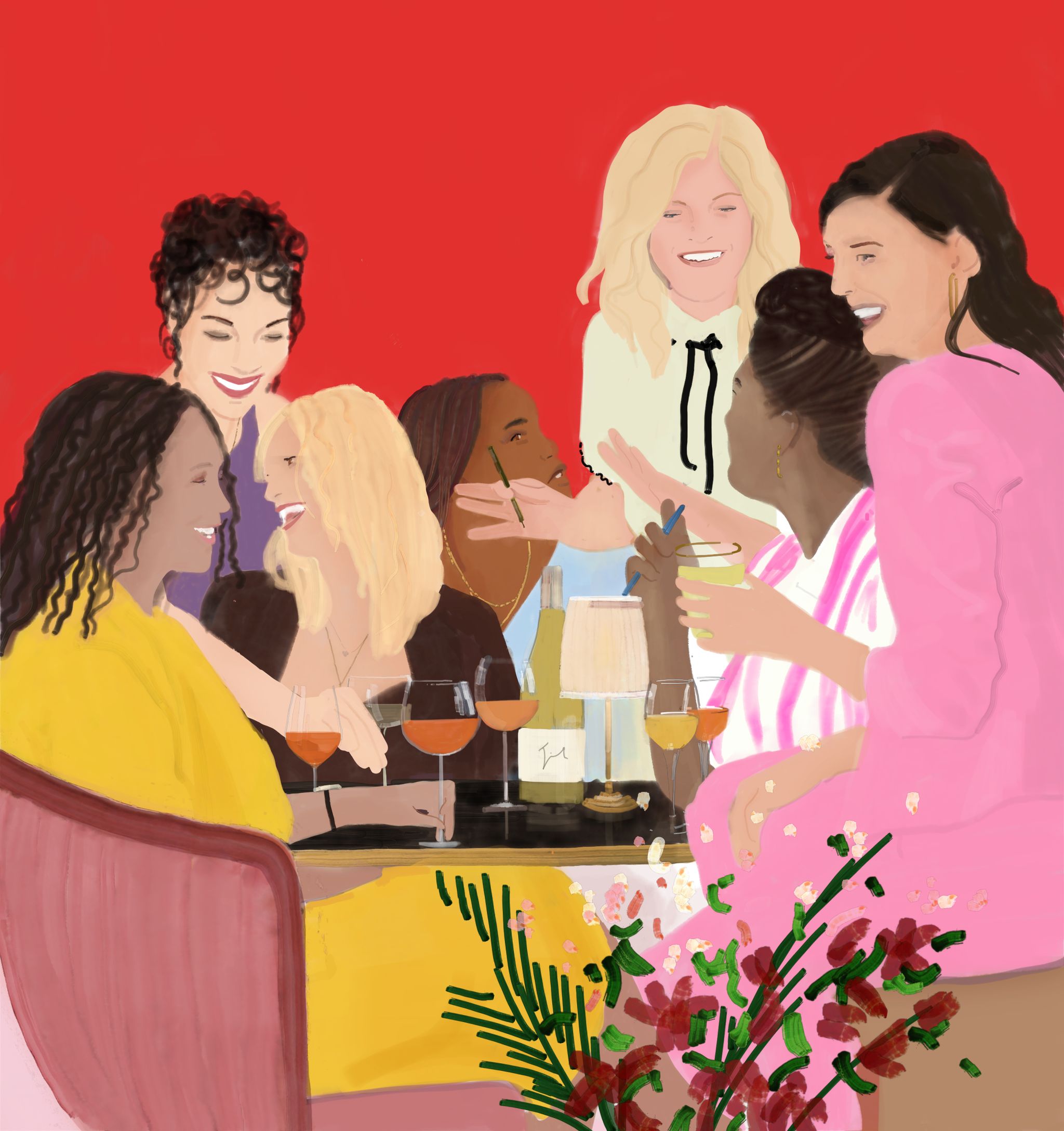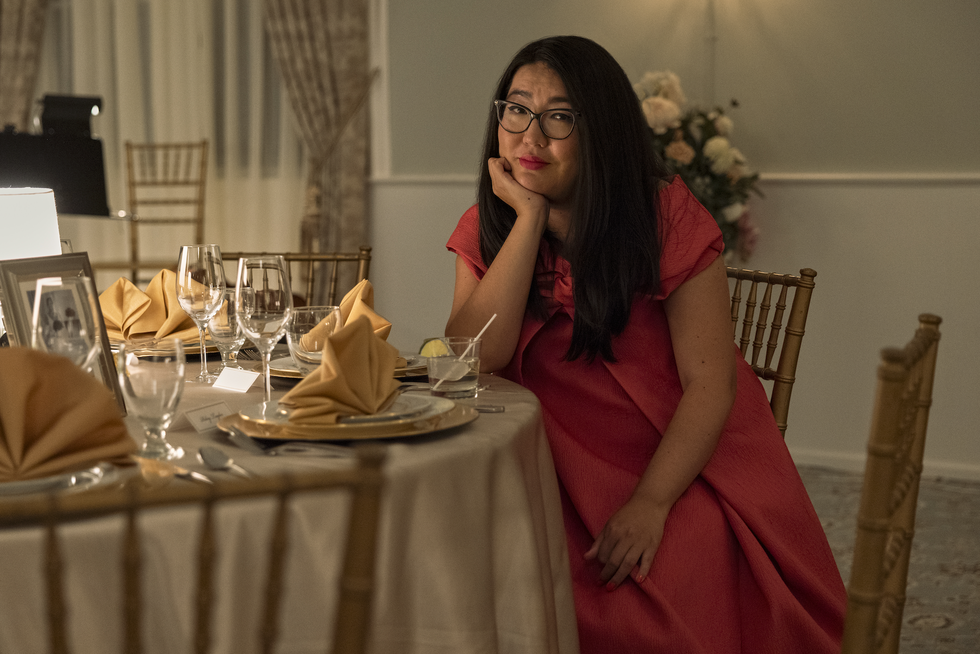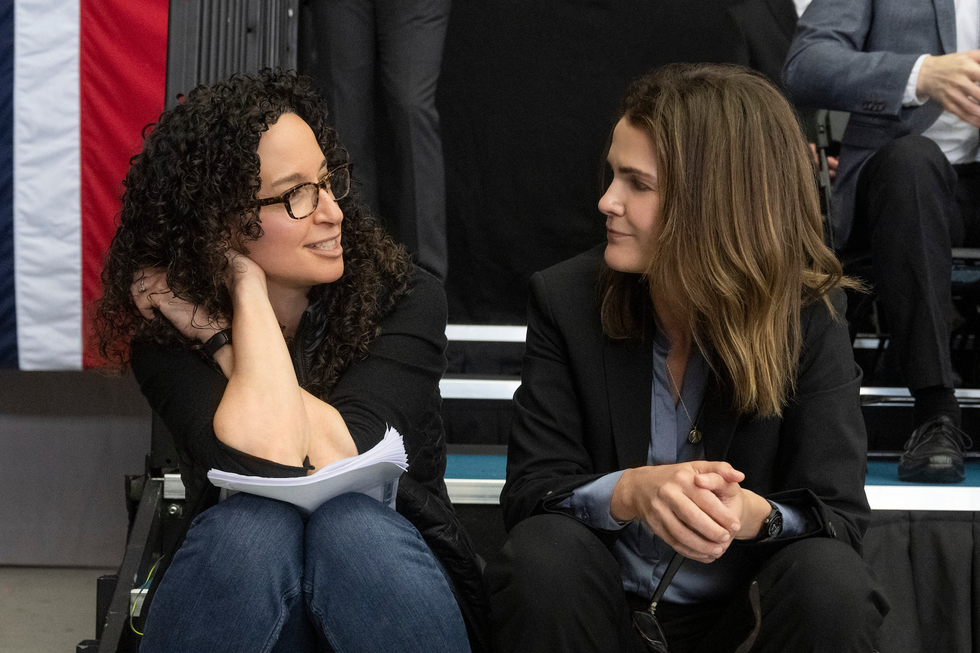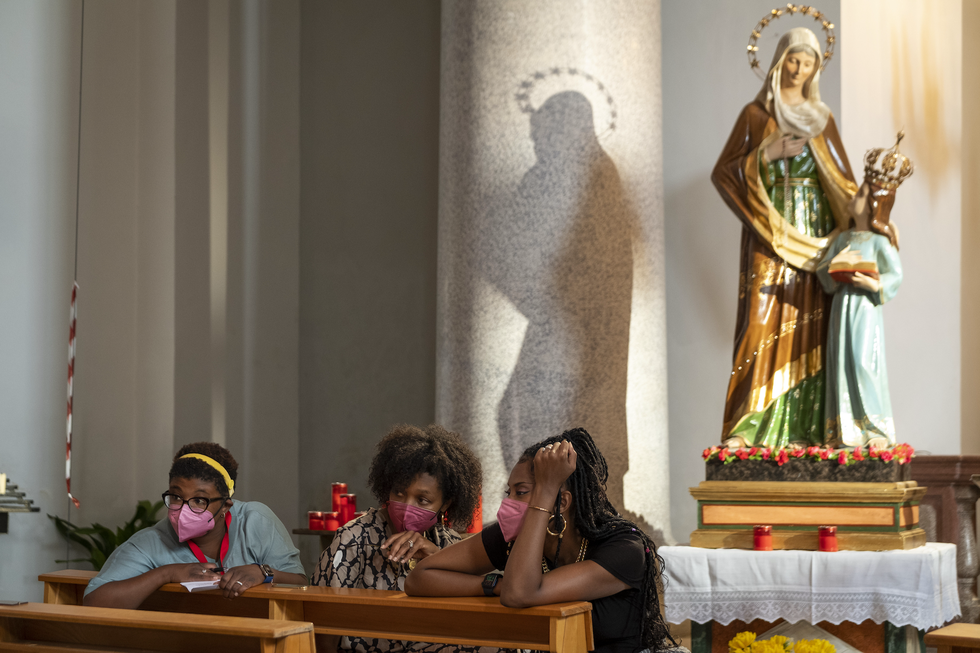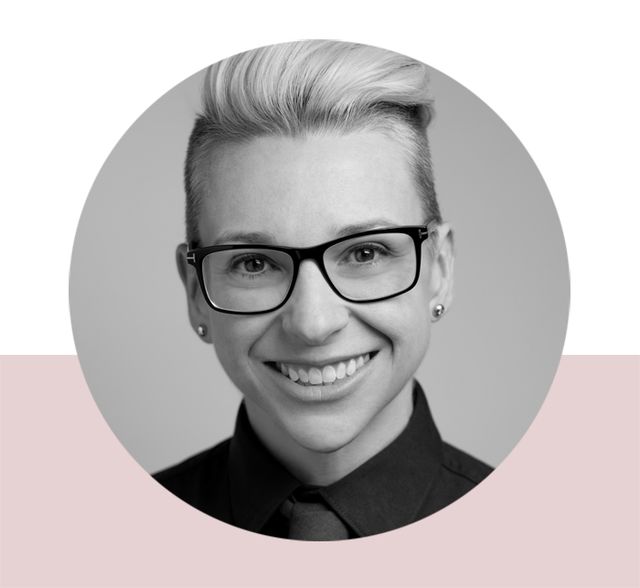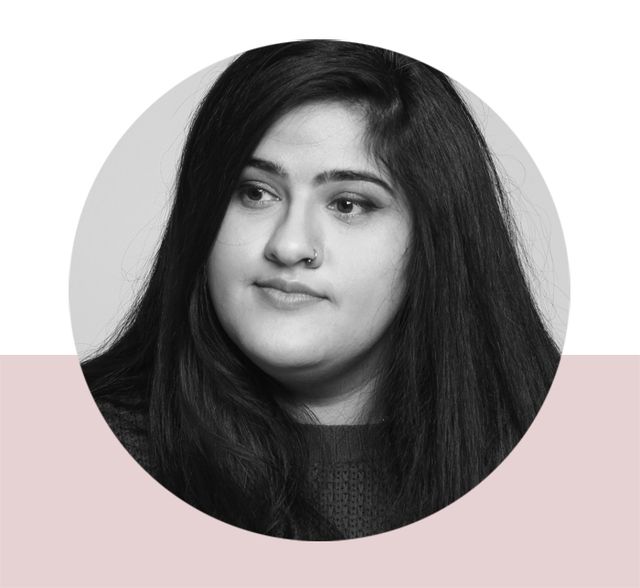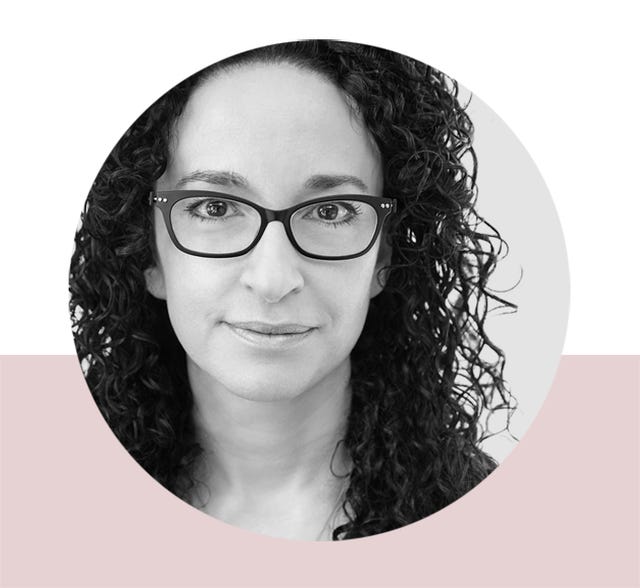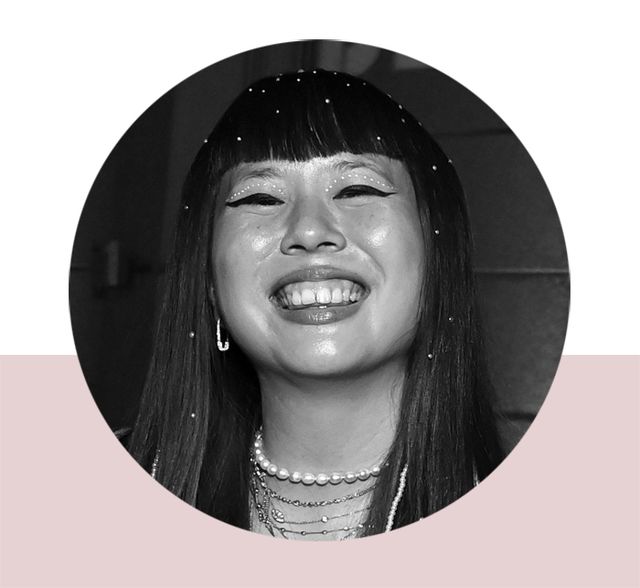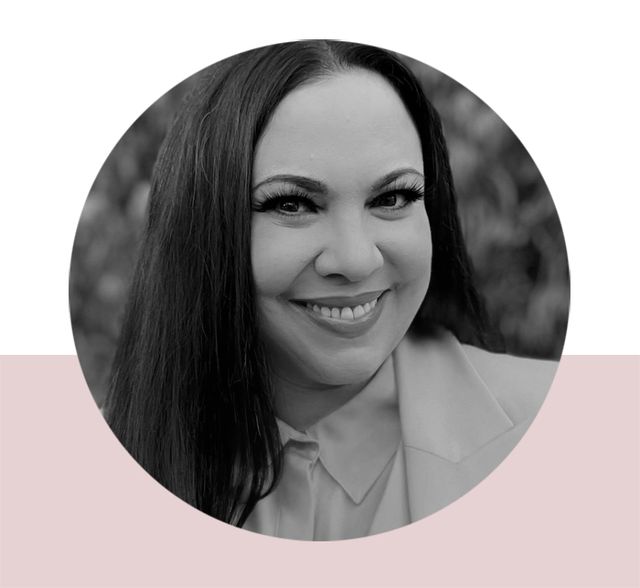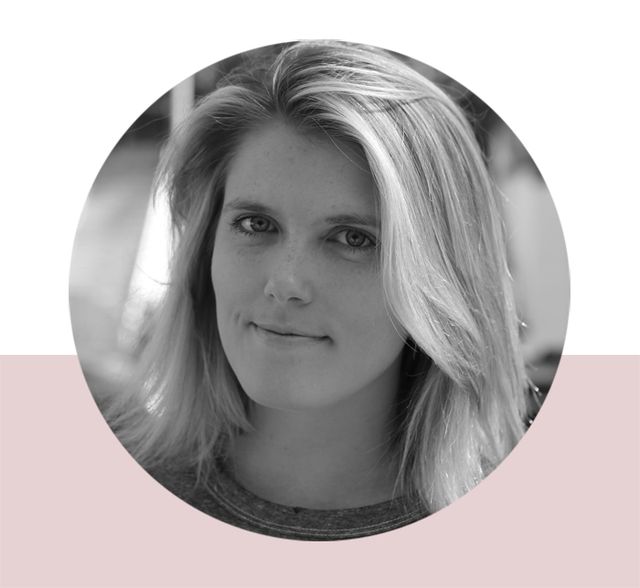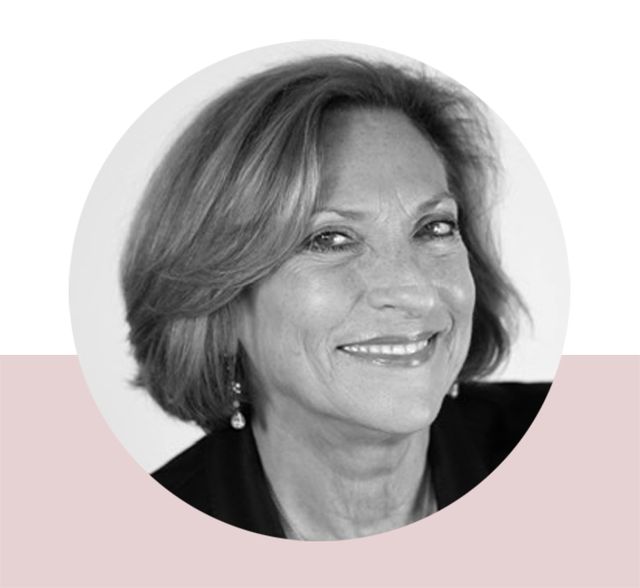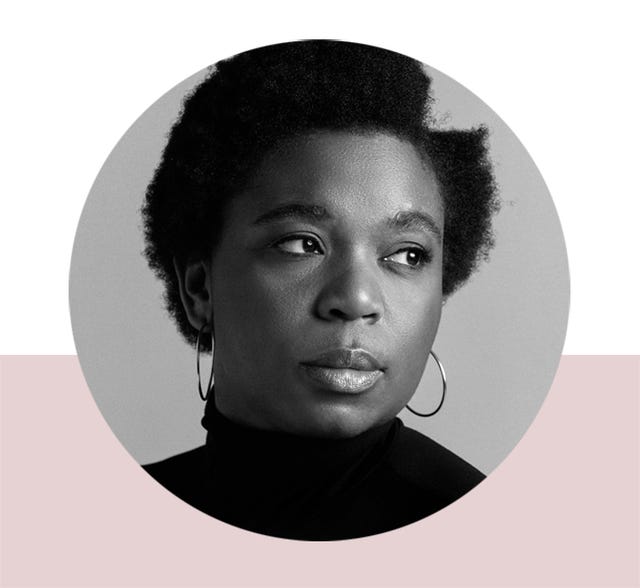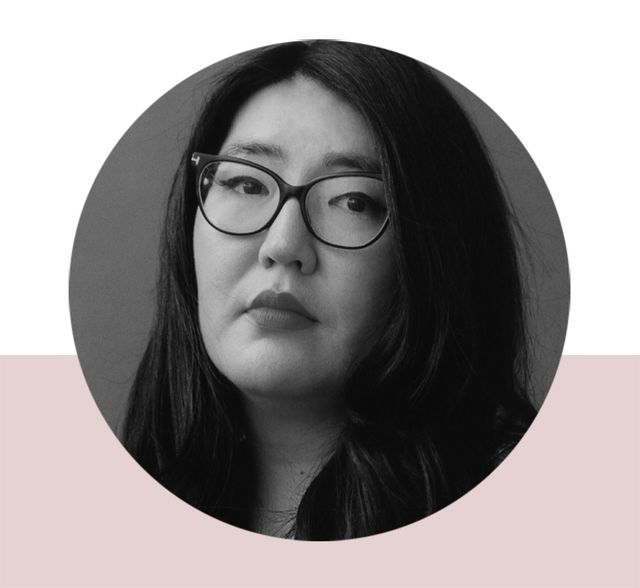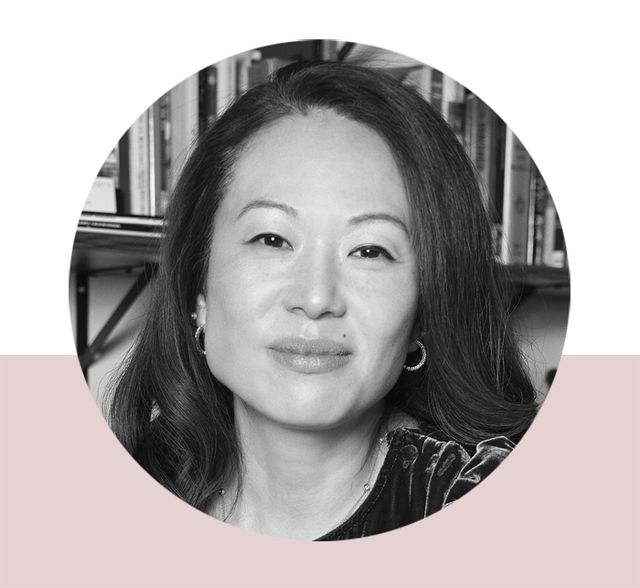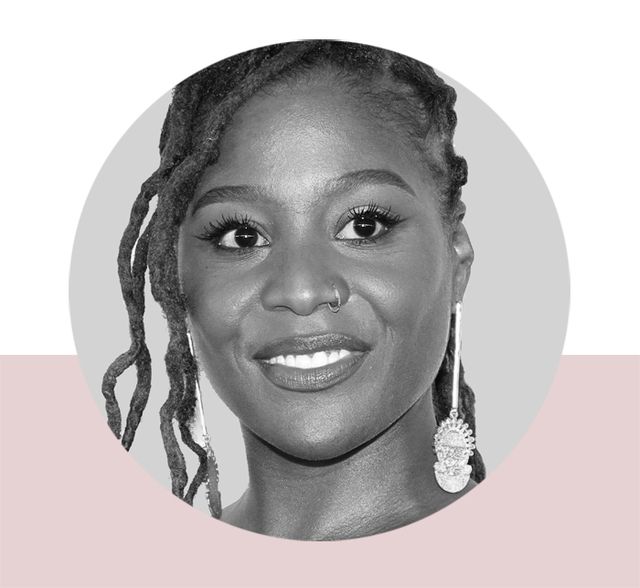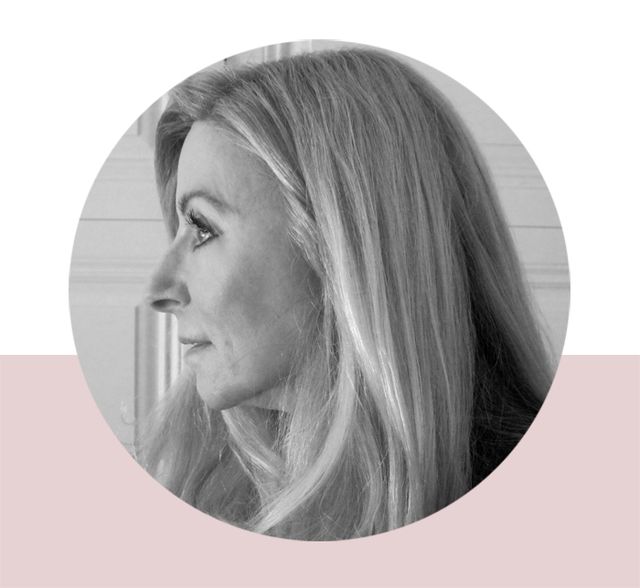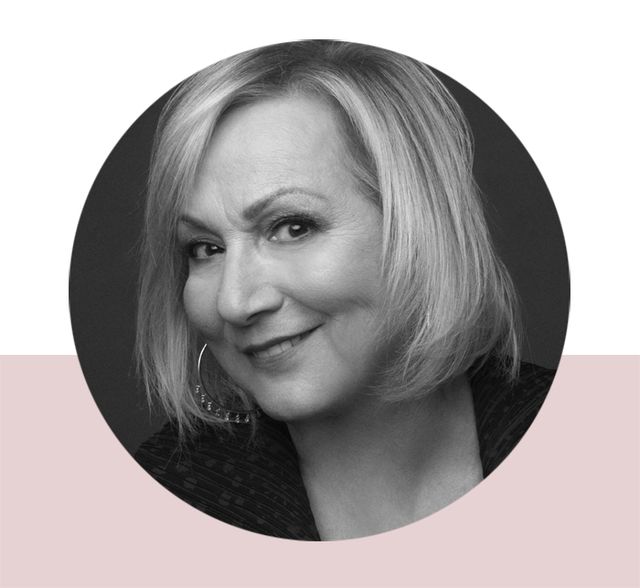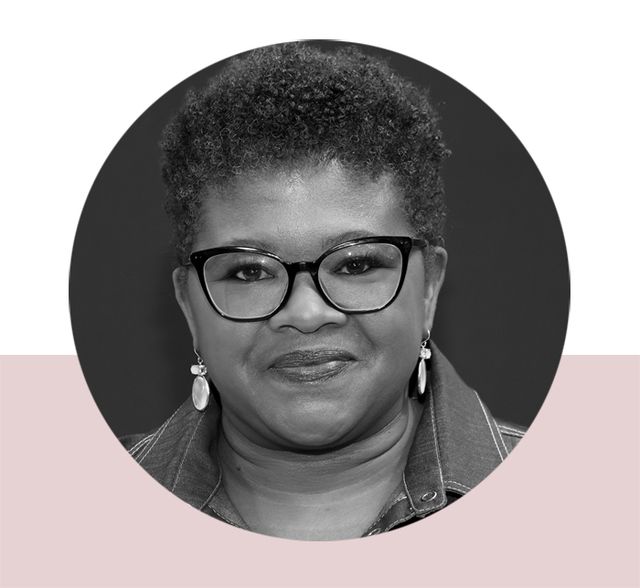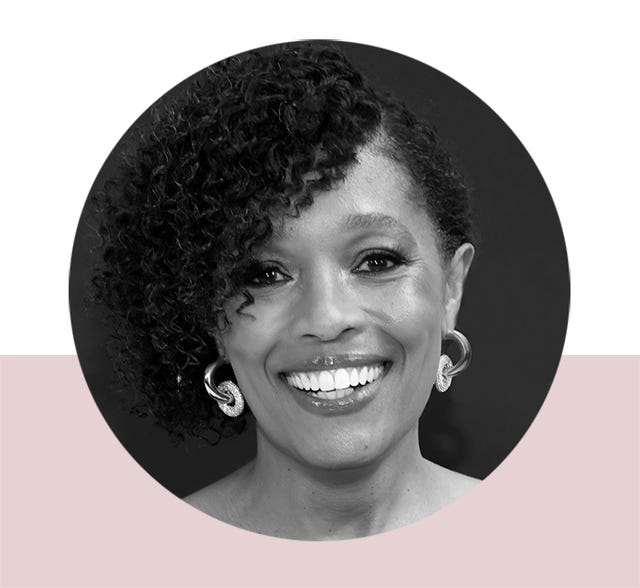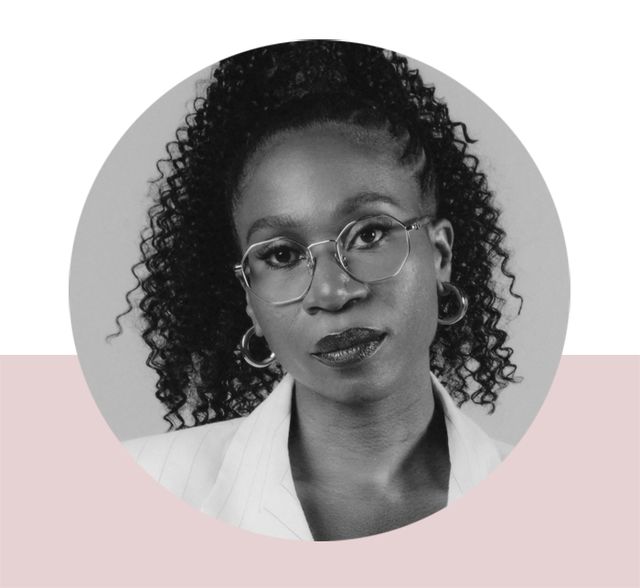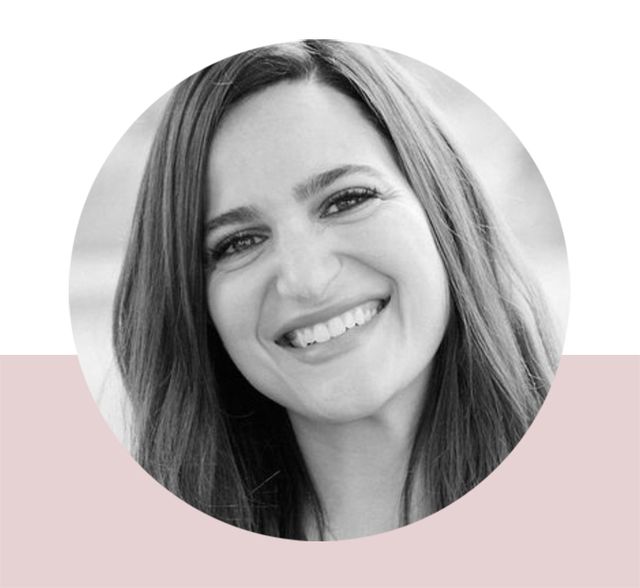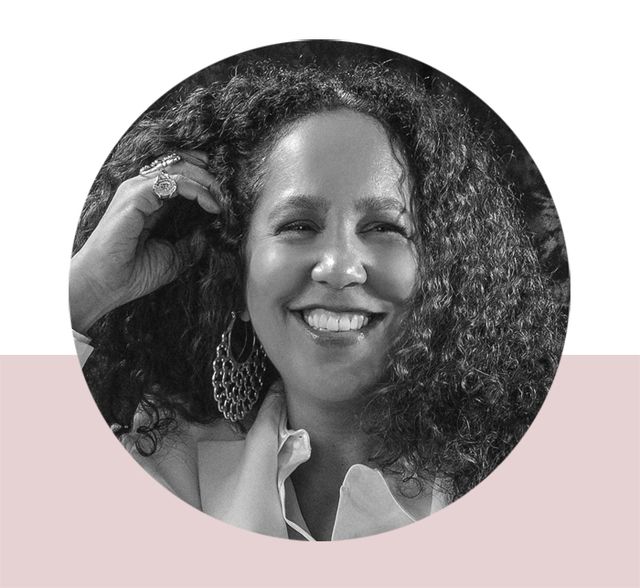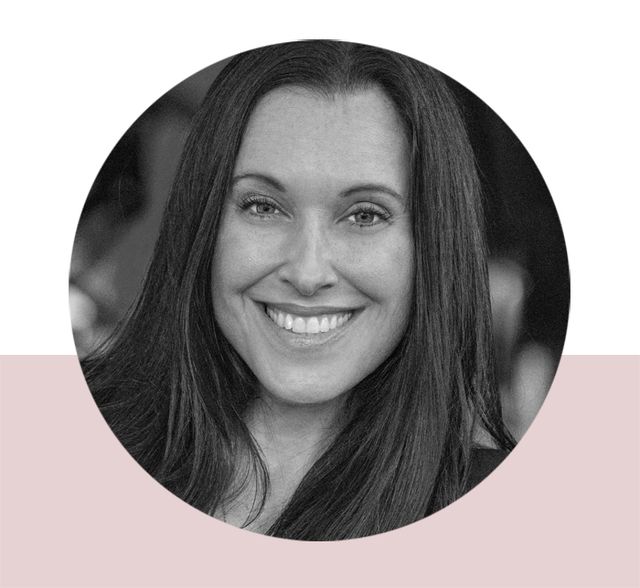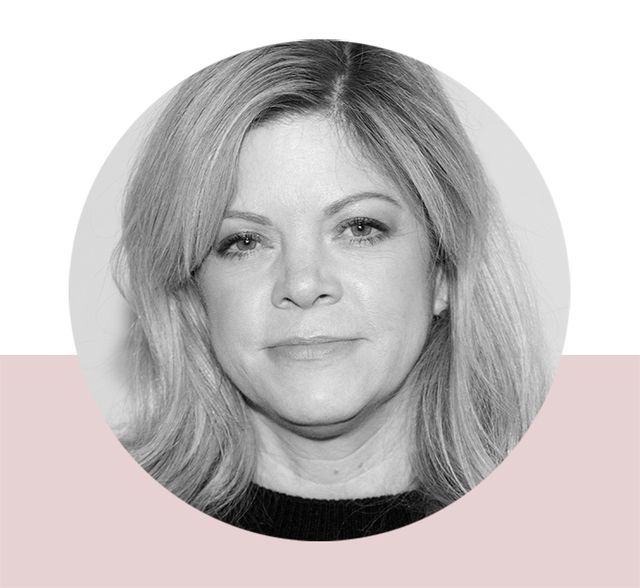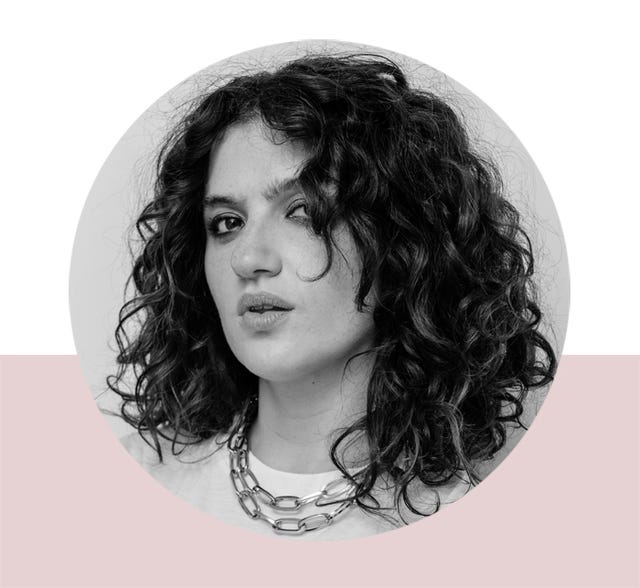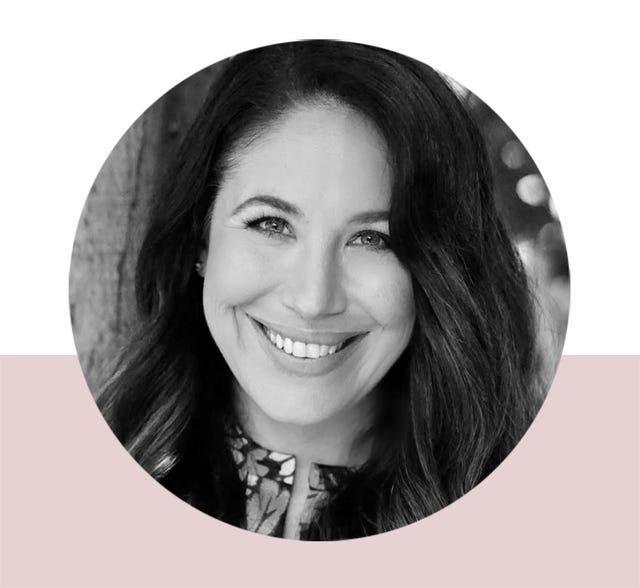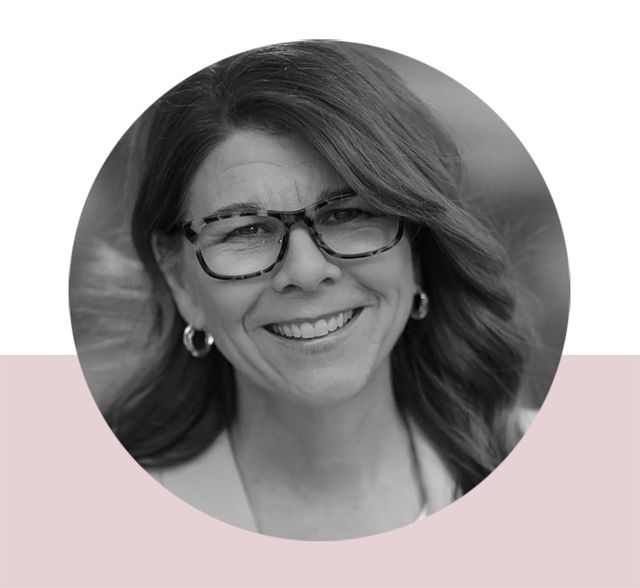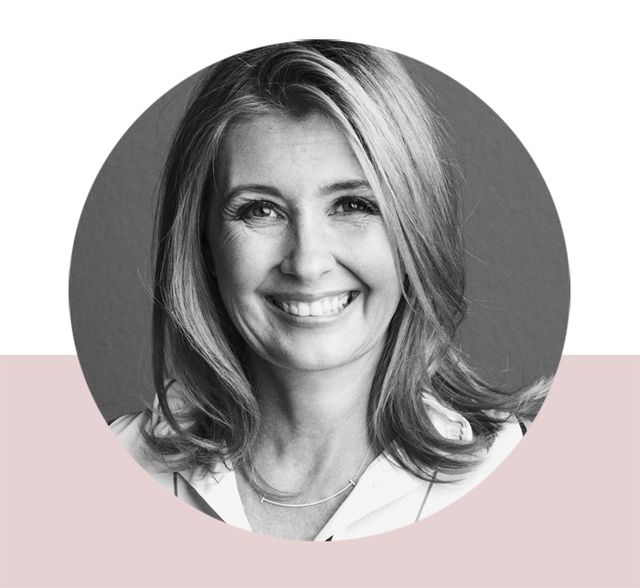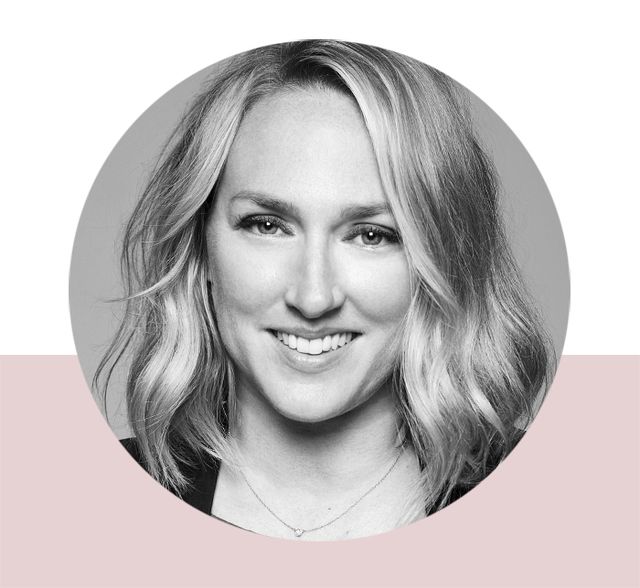Women Creatives Thought Hollywood Could Change. Were They Wrong?
Barbie made progress look so painless. In Greta Gerwig’s $1.4 billion-dollar-grossing worldwide blockbuster, the Barbies of Barbie Land operated under the blissful belief that sexism didn’t exist. The presidency, the Supreme Court, Nobel Prize winners, construction workers, doctors—all female. This was a fantasy sold by a toy company, of course, but an eerily convincing one. And its magic seemed to translate directly to our world when, in July 2023, Gerwig celebrated the biggest debut in box office history for a female-directed film, after years of well-publicized industry initiatives on behalf of the post–#MeToo, post–Time’s Up, post–#OscarsSoMale era. Gerwig’s extraordinary success seemed the sort of bellwether women behind the camera in Hollywood had long awaited.
“I cried, because I feel like a new precedent has been set,” says director, writer, and producer Emma Seligman (Bottoms; Shiva Baby). “Even if I know there’s so much conversation around what that means.”
“What that means” remains the sticking point. Barbie’s utopia provided an uncanny blueprint for the state of Hollywood today, wherein rose-colored lenses obscure a harsher truth. “Just a few high-profile cases can skew our perceptions of reality,” says Martha M. Lauzen, PhD, a professor at San Diego State University and founder and executive director of the Center for the Study of Women in Television and Film. And the reality is indeed darker than Barbie’s success might suggest. “We don’t want to think that we have seen such minimal progress in a quarter of a century,” Lauzen adds. “But the numbers tell the story. The numbers don’t lie.”
Every year, USC’s Annenberg Inclusion Initiative, a think tank led by researcher Stacy L. Smith, PhD, analyzes the 100 highest-earning fictional films. In 2022, 9 percent of the top films were directed by women, an increase of exactly 1 percent from the number of female directors in 2008—14 years earlier. In 2019, the advocacy group WIF estimated that even if the number of female directors increased by 25 percent every five years (and to be clear, that’s unlikely to happen), we’d have to wait until 2072 to reach parity.
Even in the wider world of television, women’s employment behind the scenes is far from representative. According to Lauzen’s research, in the 2021–22 broadcast and streaming season, 92 percent of the TV programs sampled featured zero female directors of photography; 79 percent had no female directors; 71 percent had no female creators; and 65 percent had no female writers. “Given the countless industry panels gender parity has received one would expect greater movement,” Lauzen says. “One of the things that has been so remarkable is the relative stability of most of the numbers.” Those numbers have held firm even as entertainment execs, advocacy associations, and awards shows have basked in the good press garnered by films like Patty Jenkins’s 2017 Wonder Woman or the Oscar wins of Kathryn Bigelow, Chloé Zhao, and Jane Campion. As Smith puts it, “This is why, unless you rely on the data, it’s just a lot of talk, talk, talk.”
Over the past six years, Hollywood’s publicity machine has made the case for cautious optimism. The #MeToo movement, first popularized in 2017, rooted out bad men in power, and the hope was that women would rise to replace them. And per Lauzen’s research, the number of women employed in behind-the-scenes roles on top-grossing films did increase by 6 percent between 2017 and 2022. The same metric jumped 10 percent across streaming TV programs and 4 percent across broadcast.
“It happens every 10 or 12 years: Some very ‘female’ movie has this giant moment,” says writer, executive producer, and showrunner Rachel Shukert (The Baby-Sitters Club; GLOW), citing the commotion following both Barbie and 2011’s Bridesmaids—ironically, a film directed by a man. “It’s like a swinging door—someone pushes it wide open, and it starts to close. It’s like, ‘Can you run through before it closes?’”
Bisha K. Ali considers herself one of the lucky few to have sprinted through such an opening. The British-Pakistani writer and showrunner left her career in UK television behind for L.A. in 2018. Within a year, she’d clinched the head writer role on the Disney+ series Ms. Marvel. Looking back, she’s convinced she might never have won such an opportunity had she not entered Hollywood during a “golden, shiny time where there was so much money, so many shows…and there [were] risks being taken,” making “allowance for people like me.”
This “golden, shiny time” would become known as “Peak TV,” a term FX Networks CEO John Landgraf coined in 2015. Netflix launched its first video-on-demand streaming service in 2007, and as the platform caught on, television exploded: The 210 scripted English-language programs available to American audiences 14 years ago, in 2009, ballooned to 599 series by 2022, according to FX’s annual industry tally. That growth ignited opportunities for new talent, many of them women. Streaming “opened doors for a lot of people who weren’t normally welcome in the tent,” says author, screenwriter, and showrunner Jenny Han (To All the Boys I’ve Loved Before; The Summer I Turned Pretty). With the cash flowing, buyers snapped up “new stories to tell…looking at books and plays and people they might not have looked at before.” By the 2021–22 TV season, women comprised 37 percent of creators, directors, writers, producers, editors, and directors of photography on streaming programs.
But the reckoning quickly arrived. In 2022, Netflix announced a quarterly subscriber loss for the first time in more than a decade. Wall Street panicked; within hours, Netflix kissed over $54 billion goodbye. Investors realized what many top execs already knew: The streaming industry was debt-ridden and unsustainable. As earnings reports demonstrated, power brokers had failed to conjure a financial model that could support their content spending. Pressure to balance the books has since catalyzed the slashing at major studios, and hastened the deluge of TV shows canceled or off-loaded for the sake of tax savings. Dependable IP, or “intellectual property,” like Batman, has become the default, leaving less room for new ideas from diverse creators.
Today, Hollywood is dealing with the fallout. Well before this year’s WGA and SAG-AFTRA strikes, the weather was turning: The box office has yet to fully bounce back from COVID declines. Budgets for film and TV are set to diminish, and fewer projects will likely get the green light. As the Hollywood Reporter noted in October, “Nobody knows whether the business will ultimately contract by 10 percent or 50—what everybody can agree on is that less will be made everywhere.” Adds writer and producer Soo Hugh (Pachinko; The Terror), “I’m really scared for the next five years.…I think all signs point to that the bubble has burst.”
And as the Alliance of Motion Picture and Television Producers points to the bottom line, creators are questioning its commitment to diversity: “I don’t know if these studios are going to keep the promises that they’ve made to certain communities—the Latinx community, the Asian community, all of us,” says writer, producer, and showrunner Katori Hall (P-Valley). “I truly, in my gut, don’t understand why it continues to be as difficult as it is” for female creatives, says writer and director Gina Prince-Bythewood (The Woman King; Love & Basketball). But after three decades in TV and film, she understands: “When shifts happen, women and people of color are usually on the periphery.”
Stephanie Savage, a screenwriter and producer (Gossip Girl; The O.C.), thought there would be more women. She thought it first in 2007, during a WGA meeting at the crowded Civic Center in Los Angeles, as that year’s strike kicked off its picket lines. She slipped out to the ladies’ room, anticipating a line out the door, only to encounter a row of empty stalls.
Savage thought she’d find more women 16 years later, in the summer of 2023, as strikes again brought showbiz to a halt. This time, she wasn’t wrong: There were more women hoisting signs beside her. The problem is, they were out of work again—and many of them were convinced Hollywood’s latest crisis sought to displace them further. “This larger group of people has finally had the opportunity to have access to a structure to tell their stories,” Savage says. But as entertainment writ large undergoes seismic activity, she fears these same people will be “told those stories aren’t worth anything.” Says director and producer Jess Wu Calder, “I don’t think that that’s a fair standard to put on women: that it has to be either Barbie or nothing.”
From its inception, Hollywood has built its palaces on the spoils of clever marketing. It’s not exactly perplexing, then, that the industry’s messaging around gender parity and inclusion would use similar tactics. “For years, the studios used their shadowing and mentorship programs as public relations cover to deflect criticism,” Lauzen says. “But most of those programs have involved just a handful of individuals.” Adds Seligman, “Executives want to say that they’re supporting young women, or people of color, or queer people, and that they want to tell these stories. But then when it comes time to hand an independent director their first opportunity, they don’t really trust them….It just feels fake, in terms of progress.”
Women of color, in particular, say the green lights they receive are like neglected gift baskets: topped with a flashy ribbon, but stuffed with rotting fruit. As USC’s Smith explains, films by and about women of color “receive fewer production [resources] and receive fewer marketing dollars. Their films are in fewer theaters.” The most recent Inclusion Initiative study found that the top-grossing films over the past 16 years had a ratio of 63.3 white male directors to every one woman of color. “The studio system is a reflection of Hollywood’s elitism and ability to exclude a lot of us,” says director, writer, and film professor Nikyatu Jusu (Nanny; Suicide by Sunlight). “You’re answering to people who look less and less like you.”
If women of color do manage to hurdle these obstacles, they then have to deal with executives interfering with their stories. “We want to write what we want to write—what we want to see—not what we think you want to see from us,” says writer, showrunner, and producer Janine Nabers (Swarm; Watchmen). That can’t happen if executives replace writers with robots. “AI cannot write to the voice, the culture, the experience, the nuance, the depth, the heart, the fire of a woman of color. Can’t even go near it,” says Tembi Locke, a writer and producer (From Scratch). Creator and showrunner Liz Tigelaar (Tiny Beautiful Things; Little Fires Everywhere) thinks the higher-ups should be just as worried about their own jobs: “Studio executives are as replaceable as writers—why wouldn’t we all be terrified?”
The situation is thrust into even sharper relief when a film or series fails to instantly capture buzz. “My show got canceled before it had even finished airing on the platform,” says Eliza Clark, a showrunner on Y: The Last Man. “They didn’t give it the time to grow an audience.” Her experience mirrored that of Natalie Abrams, one of three co-creators on Gotham Knights. Before the show’s first season had aired its finale, the creators and their fans learned The CW would not be moving forward with a second season. “I think about how many communities are continuing to be underserved because shows are not getting a chance,” Abrams says.
Even when a female-created film or series is successful by a studio or network’s audience engagement metrics—and, to be clear, such a standard is dubious at worst, difficult to define at best—it’s often siloed into the category of “woman stuff,” as writer and producer Attica Locke (From Scratch) labels it. “What I’ve been stunned by and hurt by is…when the work comes out, the way things are dismissed,” she says. Take the HBO hit Succession, for instance: That’s a soap, she argues. “But when the same soapy twists and turns exist within a show that has been described or perceived to be for women, I still feel that sense of, Wait, why isn’t this being taken as seriously as I want it to be?”
Maureen Ryan, a journalist and author of the 2023 book Burn It Down: Power, Complicity, and a Call for Change in Hollywood, is unsurprised by the turn of events. Hollywood “is always shape-shifting to find a new way to exclude people,” she says. “And it always says that it isn’t, but it always is. The forces working against greater inclusion are very powerful. But they don’t advertise—there’s not going to be the Coalition of People Against Inclusion having a big meeting.”
Still, the nearly 30 women interviewed for this story—and hundreds of others like them—are determined to ensure the current upheaval in Hollywood isn’t successful in pushing them further outside its nucleus. Even if that commitment means they must face an entertainment landscape bleaker than what they’d expected.
“I am someone who gets really angry about these things,” Ms. Marvel’s Ali says. “I get angry about a lack of parity. I get angry that a lot of people just don’t care. I also get angry about how performative so much of this is.” But, she continues, “We also have to be hopeful. The gains we made before? They might contract. But if we stand fast, they’ll expand again.”
When director and producer Lesli Linka Glatter (Love & Death; Mad Men), current president of the Directors Guild of America, began her film career in 1985, she was mostly mentored by men. “There weren’t any women,” she recalls. “Now there is a girls’ club helping other women.” Director and producer Mimi Leder (On the Basis of Sex; The Morning Show), who began her career in the late 1980s, has felt that difference. “I feel the landscape has gotten much better for women,” she says. “It’s much more acceptable these days to hire women.”
Research shows the number of women behind the scenes on both TV and film sets increases considerably when another woman has a position of power on that set. But hiring women takes intentional work, says producer Deborah Snyder (Wonder Woman; Aquaman; Justice League): “You have to make a conscious effort to hire women. And hopefully, someday it will be unconscious. But we’re not there yet.”
Asked what the future of Hollywood should look like, writer and producer Gloria Calderón Kellett (One Day at a Time; Jane the Virgin) urges studios, streamers, and networks to consider America’s population. “What are the dynamics of this country, and how do we make Hollywood exactly that?” she asks. “If we are supposed to be telling stories that are a reflection of the culture, we’ve got to do a better job.”
Given the tenor of frustration imbuing these conversations, we anticipated a number of the women interviewed for this story might express burnout or despair. But only two shared any inkling of desire to exit the industry. The others expressed their commitment to continuing the work. (Jokes producer Jessica Rhoades: “Yeah, the ground is shaking. But I grew up in California, so I’m kind of used to that.”)
Writer and producer Debora Cahn (The Diplomat, Homeland) likens such work to turning a glacier. “We’re turning it, but it’s been going in a particular direction for hundreds of years,” she says. “So there’s just a lot of ground to cover.” Adds Pachinko’s Hugh, “The next generation, they’re ready. It’s just whether or not they’re given an opportunity.”
It was Christmastime 2016, and Lauren Neustadter, then an executive at Fox, was seven months pregnant when she got her opportunity: an incoming FaceTime from Reese Witherspoon. The actress wanted to gauge Neustadter’s interest in heading up TV and film at her budding media company, Hello Sunshine. Earlier in her career, someone had told Neustadter she didn’t have the necessary knack for producing hits. Witherspoon disagreed. “She saw something producer-esque in me, and she remembered it, and that was what made her make the phone call,” Neustadter says. “And that changed my life forever.”
In the years since her hiring, Hello Sunshine projects—such as Daisy Jones & the Six and Little Fires Everywhere—have broken viewership records and won a number of major awards. “Sometimes people will tell women stories about what we are and aren’t capable of,” Neustadter says. “And as hard as it is, it’s essential that we don’t believe them.”
26 Women Creatives and Experts on What’s Next for Hollywood—And What More Must Be Done
Correction: A previous version of this article stated that Natalie Abrams was one of three writers on Gotham Knights. The story has been updated to reflect that she was one of three co-creators.
A version of this article appears in the December 2023/January 2024 issue of ELLE.
Culture Writer
Lauren Puckett-Pope is a staff culture writer at ELLE, where she primarily covers film, television and books. She was previously an associate editor at ELLE.
Juliana Ukiomogbe is the Assistant Editor at ELLE. Her work has previously appeared in Interview, i-D, Teen Vogue, Nylon, and more.


